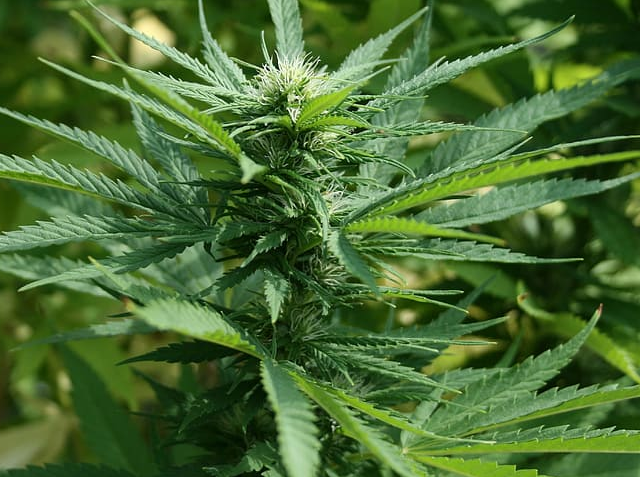Cannabis has long been a political lightning rod, but a massive new study is challenging one of its most stubborn stereotypes — that it dulls the mind. Researchers analysing data from nearly 38,000 people have found that marijuana users consistently outperformed non-users in a variety of cognitive tests, hinting at potential brain health benefits well into later life.
The federally funded research, drawing on one of the largest brain-imaging databases in the world, suggests that cannabis use could be linked to slower neural ageing. In plain English? The brains of regular users seemed to work more like those of younger people.
Study Challenges Decades of Conventional Thinking
For years, official messaging in many countries has painted marijuana as a threat to memory, concentration, and problem-solving. Yet this study — conducted by scientists using UK Biobank data — appears to turn that idea on its head.
The participants, aged 44 to 81, underwent both brain imaging and a battery of cognitive assessments. Those who reported cannabis use generally performed better than those who didn’t, across multiple tests.
And this wasn’t a fluke. The researchers say the effect was noticeable across a wide range of brain systems at the same time, suggesting a broader pattern rather than a single lucky score.

The Numbers Behind the Findings
The sheer scale of the dataset makes the results hard to dismiss. Out of the 37,929 people examined:
-
Cannabis users consistently scored higher in tests measuring reaction time, memory recall, and spatial awareness.
-
Brain scans revealed network patterns more commonly found in younger individuals.
-
Cognitive performance differences remained even after accounting for factors like education level, alcohol consumption, and overall health.
The paper, published this month as a preprint in Nature Portfolio, stops short of saying cannabis causes better brain function. But the correlation is striking enough to invite further research.
What Might Be Happening in the Brain?
One of the more intriguing theories is that cannabis could interact with the brain’s endocannabinoid system — a network involved in mood, memory, and neuroprotection. This system naturally declines with age, and some researchers think marijuana might help “top up” its signalling in older adults.
Still, the study authors are careful. “These findings suggest cannabis use may be associated with a deceleration of neural ageing processes,” they write, but caution that more controlled trials are needed before making firm claims.
Not everyone is convinced. Critics warn that lifestyle factors, like higher social engagement or diet differences among cannabis users, could also be at play.
Why the Findings Matter Now
The timing of this study is notable. Legalisation movements are gaining momentum globally, and cannabis is already legal for recreational use in Canada, Uruguay, and parts of the U.S. In the UK, however, it remains a controlled substance, with limited medical exceptions.
Public perception is shifting, though, especially among older adults. A 2023 YouGov poll found that Britons aged 50–64 were more supportive of legalisation than younger respondents — a reversal of trends seen in past decades.
If cannabis really does help preserve cognitive function, policymakers could face pressure to revisit its legal status, particularly for ageing populations.
What’s Next for Cannabis and Cognitive Science?
The researchers behind this study believe their work could pave the way for clinical trials testing cannabis as a preventative or therapeutic tool for age-related cognitive decline.
They also see value in exploring dose, frequency, and product type. For example, does occasional use have the same effect as daily consumption? And are certain compounds — like CBD versus THC — more beneficial?
Right now, the takeaway is simple: cannabis may not be the mental dead-end its critics have long claimed. Instead, it might be giving older brains a leg up.



